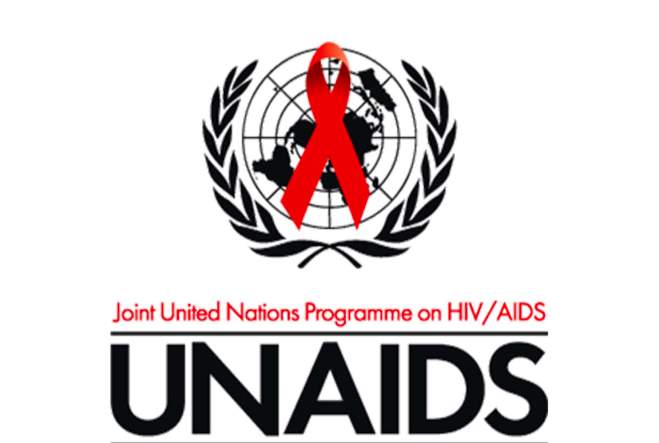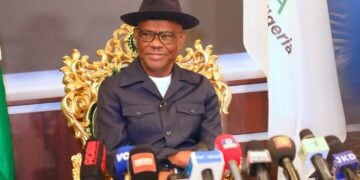A coalition of Nigerian community networks and civil society organisations (CSOs) has strongly condemned a United Nations’ proposal to phase out the Joint United Nations Programme on HIV/AIDS (UNAIDS) by the end of 2026, warning that such a move could reverse decades of hard-won progress in the fight against HIV.
The coalition, made up of groups representing people living with HIV, women, youth, and key populations, described the proposal, part of the UN80 reform initiative, as “ill-timed, dangerously shortsighted, and a betrayal of communities living with and affected by HIV.”
While acknowledging that global HIV infections and AIDS-related deaths have declined over the past decades, the coalition emphasised that the epidemic was far from over. They warned that dismantling UNAIDS would undermine global solidarity, weaken donor confidence, including support from partners such as PEPFAR and the Global Fund—and derail efforts to meet the Sustainable Development Goal (SDG) target of ending AIDS as a public health threat by 2030.
“UNAIDS remains the only UN agency that places communities and civil society at the heart of its mandate. To dismantle it is to betray the very people it was created to serve, especially women, young people, and key populations who continue to depend on its leadership, advocacy, and convening power,” the coalition said in a joint statement.
The groups also raised concerns about unanswered questions from the proposal, including who would take on the critical role of coordinating the global HIV response, and whether the UN was retreating from its long-standing commitment to ending AIDS.
Calling for urgent intervention, the coalition urged the UN Secretary-General and Member-States to reject the proposal, strengthen UNAIDS’ mandate, and protect the integrity of the HIV response within the broader UN reform process.
“We stand ready to engage with the UN and Member States to co-create solutions that preserve UNAIDS’ legacy and ensure no one is left behind,” the statement added.
The appeal was endorsed by six major organisations: the Network of People Living with HIV and AIDS in Nigeria (NEPWHAN), Nigeria Key Population Health and Rights Network (NKPHRN), International Community of Women Living with HIV – West Africa (ICW-WA), Association of Women Living with HIV and AIDS in Nigeria (ASWHAN), Association of Positive Youth Living with HIV and AIDS in Nigeria (APYIN), and the Civil Society Network for HIV and AIDS in Nigeria (CiSHAN).





